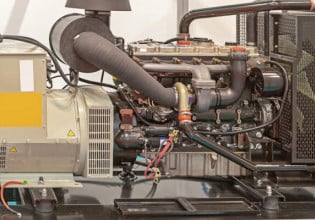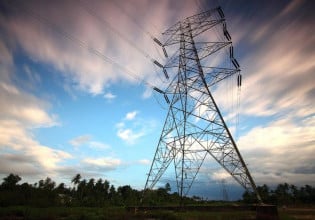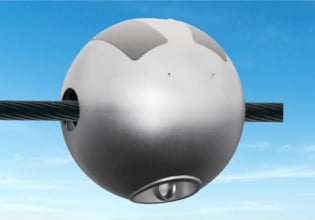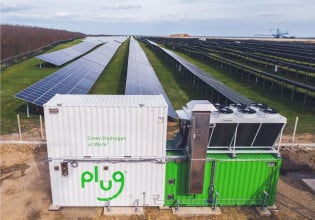Doosan Fuel Cell didn't exist one year ago. In July 2014, after buying the assets of ClearEdge Power (formerly UTC Power) out of bankruptcy, the Connecticut company, which designs and manufactures clean energy fuel cell systems that produce combined heat and power, began operations at its corporate headquarters outside of Hartford. Starting with a handful of employees and financial support from parent company Doosan Corporation, which operates in 38 countries and is the oldest business in Korea, Doosan Fuel Cell has converted optimism into a reality that will employ about 300 people by the end of this year. They have optimized five decades of fuel cell technology, patents and manufacturing expertise inherited from UTC Power to build a sales pipeline of more than 50MW across the globe and has reached all-time highs in production level.
“Our rapid expansion is a bold testament to our employees and that fuel cells are becoming accepted as a viable energy source that offers economic and environmental benefits,†says Doosan President and CEO Jeff Chung. “Specifically, more and more companies globally are selecting a Doosan PureCell® solution to provide reliable power for their facilities, free from the risk of disruption from electrical grid failures, blackouts or Mother Nature.â€
Multiple contracts have been signed by Doosan during the past 12 months to install and operate 440kW PureCell fuel cells at mixed use properties, office and government buildings, college campuses, utilities, mining operations and production facilities. Doosan power plants are now installed, and being installed, coast to coast; from Verizon in California to CT Transit in Connecticut. They’re also helping to power facilities like Korea South East Power in Seoul, all of which equates to 140 Doosan PureCell systems under long-term service contracts in the two countries.
The science of fuel cells, which generates clean electricity and heat from an electrochemical reaction between hydrogen and oxygen, has actually been around for more than 100 years. A major difference nowadays – for a global fuel cell market that’s expected to grow at a CAGR of more than 30 percent through 2019 – is that disasters like Fukushima and Super Storm Sandy have driven corporate decision-makers to seek new methods that supply power and heat while reducing their carbon footprint.
“At Doosan, we care about the environment, renewable energy and the future of our planet, and we believe that supplying clean fuel cell power is a necessity,†says Chung. “We’re proud of our achievements during the past 12 months, and we’re confident our investments in technology and people – combined with balancing our near-term business goals and long-term view of the planet – will continue to position Doosan Fuel Cell as a major player in the clean energy industry."






